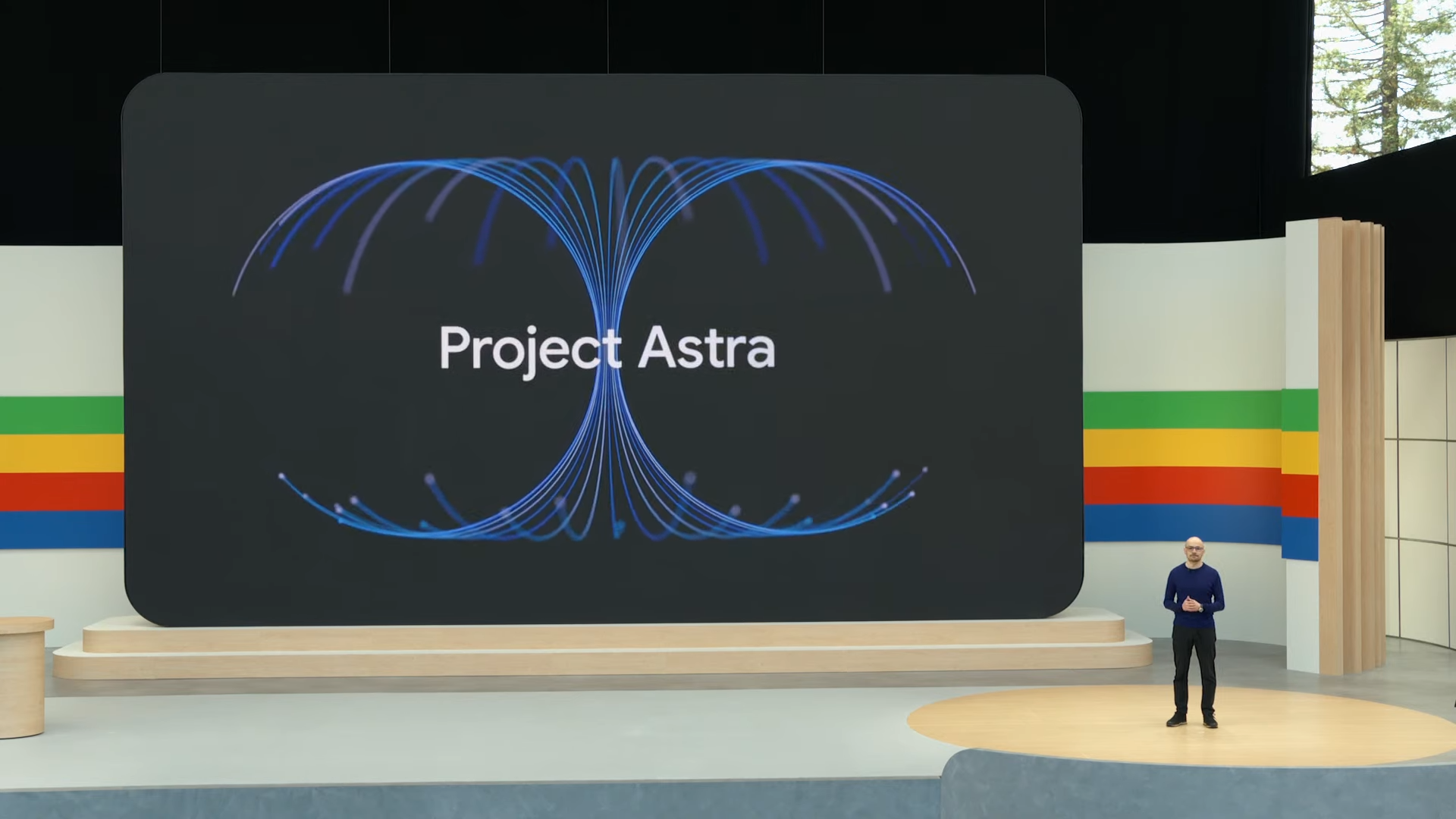A Complete Guide to the Google DeepMind Project

Introduction to Project Astra
Project Astra represents the forefront of AI development from DeepMind, a division of Google that focuses on artificial general intelligence (AGI). Showcased during the Google I/O 2024 event, the prototype has already created a buzz among developers due to its advanced capabilities. The demonstration, although brief, highlighted Astra’s potential as an advanced AI assistant.
Key Features of Project Astra
What is Astra Capable Of?
Project Astra is designed as an AI universal assistant, aiming to transform the way users interact with their devices. Unlike existing AI models, Astra utilizes a blend of audio and visual inputs, enabling it to interpret its surroundings and engage in real-time conversations.
- Multimodal Input: Astra continuously encodes video frames while processing spoken language, helping it maintain an ongoing context of user interactions.
- Context Awareness: Rather than responding to individual questions, Astra understands the broader context of the environment, creating a more natural interaction flow.
- Low Latency: Although there were slight delays observed during the demo, Astra showcased quick responses demonstrating intelligence and efficiency.
Imagine using a camera to search for lost keys; Astra could recognize the environment and guide you to your missing item based on memory and visual recognition.
How Does Astra Process Inputs?
One remarkable feature of Project Astra is its ability to handle various types of input simultaneously. While many AIs typically operate with one input type at a time, Astra integrates both visual and auditory data.
- Visual Recognition: During its demo, users asked Astra to identify nearby audio sources, like a speaker, showcasing its ability to recognize objects intelligently.
- Dynamic Interaction: Users can point their camera at objects, and Astra responds to both visual prompts and audio questions, making the interaction smoother and more intuitive.
Astra’s Advanced Memory Capabilities
Astra’s memory system extends beyond mere input recall. While it currently operates in a limited session-memory mode, future developments could enable persistent memory features.
- Recall Functionality: Astra can remember objects the user has pointed out and can assist in locating them, like reminding the user that their glasses are on a specific desk.
- Potential for Personalization: As Astra’s memory capability improves, it could learn users’ preferences, ongoing projects, and unique interactions over time, creating a highly personalized assistant experience.
Real-world Applications and Demonstrations
The demo highlighted Astra’s functionality across various tasks, revealing its versatility.
- Language Creativity: Users tested Astra’s linguistic skills by asking it to create a clever alliteration about colored pencils, resulting in a surprisingly fitting response.
- Technical Assistance: In one scenario, Astra provided insights about a diagram on Network Load Balancing systems, showcasing its capability to produce relevant technical information based on visual context.
- Humorous Engagement: In a lighthearted moment, Astra humorously recognized a hypothetical reference to Schrödinger’s Cat, which demonstrated both its understanding of abstract concepts and dynamic interaction style.
Cloud-based Processing Power
Project Astra leverages Google’s powerful cloud-based infrastructure, particularly utilizing Tensor Processing Units (TPUs) designed for scaling large language models (LLMs).
- Dependency on Cloud Processing: Astra currently relies on cloud computing for its processing power, which raises concerns about possible latency issues in real-world applications.
- Future Developments: There is potential for Astra to function more independently on mobile devices as Google continues to enhance the efficiency of its technology, which could minimize reliance on constant internet connectivity.
The Road Ahead for AI Assistants
While still in its early stages, Project Astra indicates a significant step toward realizing a functional AI assistant that can process information seamlessly in real time. Google plans to integrate some elements of Astra into its Gemini app, giving users a more hands-on experience with this technology.
With the promise of real-world context awareness and improved responsiveness, Project Astra stands at the intersection of AI innovation and practical application. As developments continue, the future looks bright for sophisticated AI assistants that could effectively blend into everyday life, enhancing interaction and support in various fields.






